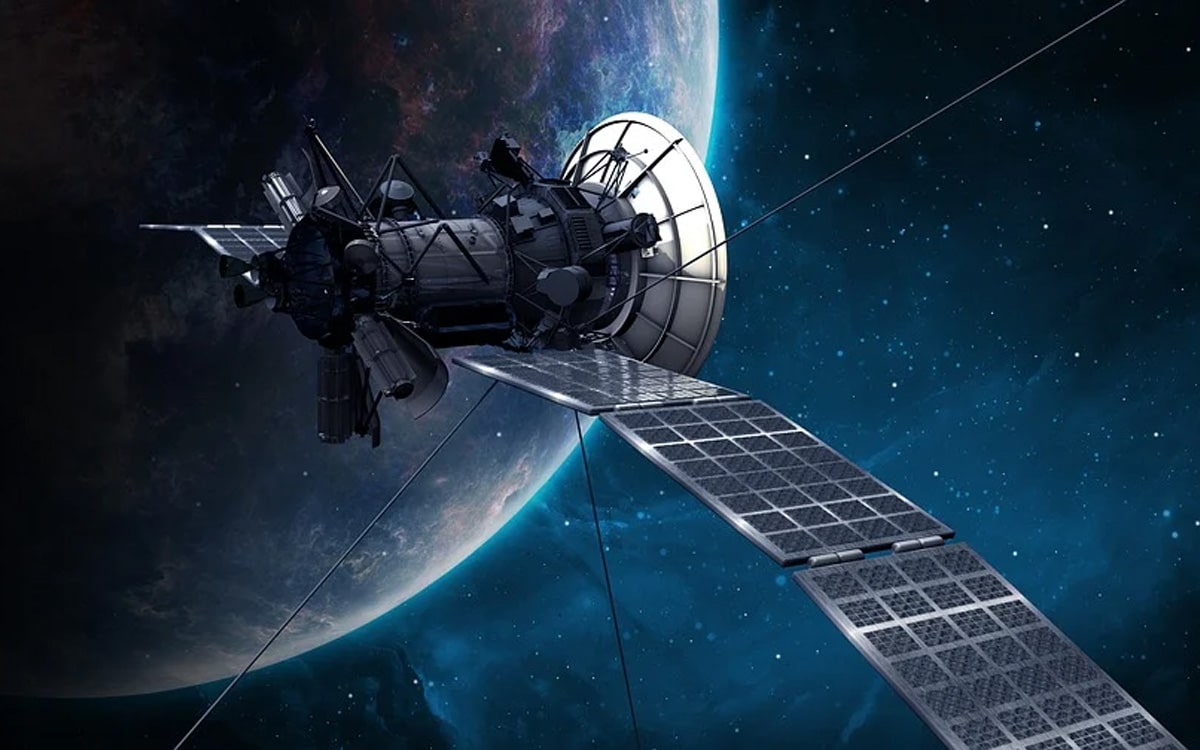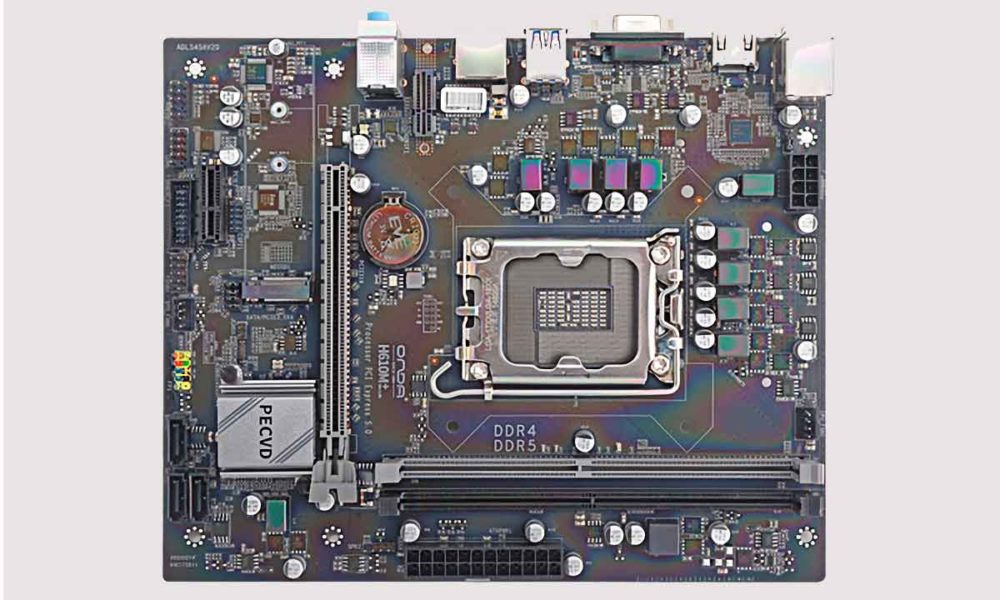
With a view to securing its Internet network and its communications, the EU plans to launch its own constellations of satellites by 2024. With this measure, the European Commission wants to give itself “the ability to react autonomously to threats” such as cyberattacks.
Since the beginnings of Starlink, Elon Musk’s satellite Internet project has always aroused waves of concern from the official authorities of certain countries. In France and shortly before the launch of Starlink, deputies of France Insoumise had called for the vote of a moratorium to prevent its arrival in France. In question, the light pollution that will be generated by the 45,000 satellites that Elon Musk intends to send into low orbit to provide his service anywhere on the globe.
On his side, the European Union does not want to leave the field open to Starlink. Indeed, and as our colleagues from Le Figaro report, the European Commission presented this Tuesday, February 15, 2022 in Strasbourg a new regulation on secure connectivity and spatial traffic management. The objective is clear: to secure the EU Internet network and its communications via the launch of a constellation of satellites. The first devices would be launched in 2024.
Read also: Europe trembles before the domination of SpaceX and its Falcon 9 rocket
Maintaining the European Internet in the event of cyberattacks
With this project, Europe wants to ensure its autonomy and to “provide the ability to react autonomously to threats”. But above all, the goal is to be able to maintain the European Internet network in the event of “of ground infrastructure crashes”, especially after a massive cyberattack. This is in any case what declared the head of European diplomacy Joseph Borrel.
According to Thierry Breton, European Commissioner for the Internal Market, the cost of this European “Starlink” is estimated between 5 and 6 billion euros. One third of the budget will be financed by the European Commission, one third by the private sector while the last part will be advanced by EU member states.
Of course, this launch of a constellation of satellites is only one of the many ideas put forward within the framework of the development of “strategic compass” of the EU. This is a project that aims to “identify threats and vulnerabilities, identify capabilities and shortcomings and test partnerships in the field of Defence”. Indeed, Brussels also wants to strengthen the surveillance of space “from space” with this armada of satellites.
Source: Le Figaro


